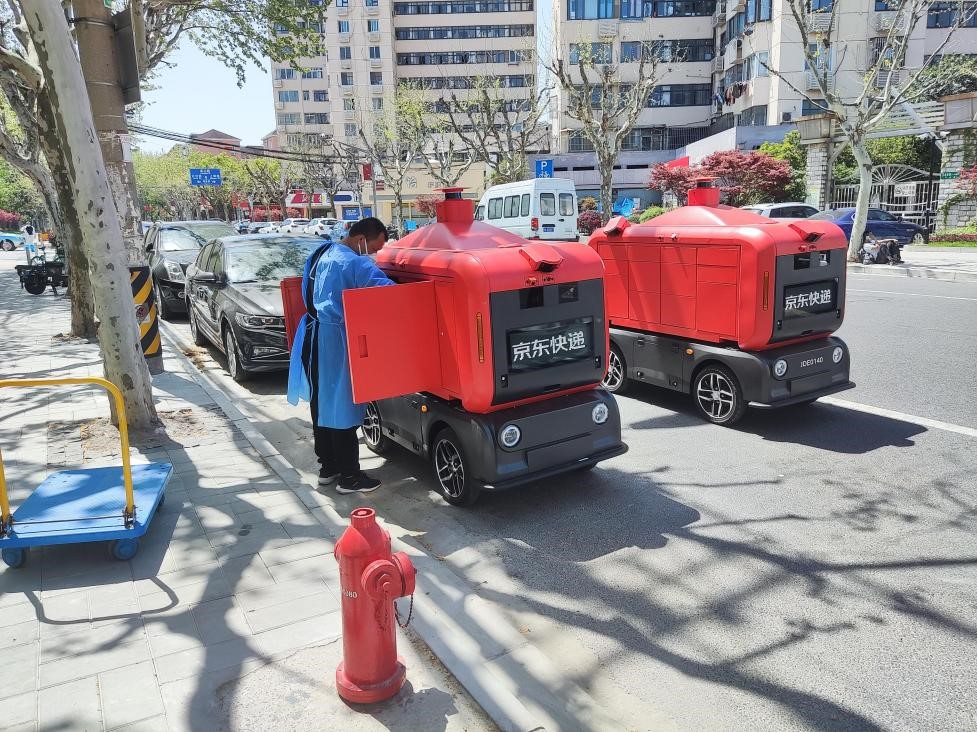There's a (giant) canary in the self-driving coalmine

With around 26 million inhabitants, Shanghai is the third-largest city in the world after Tokyo and Delhi, and it's currently under a hard lockdown. Shanghai is also one of the most active digital consumer markets, spearheaded by numerous delivery and supply-chain innovators.
One of them is JD.com (京东), an e-commerce platform with about 420 million users, heavily invested in automated logistics, digital payment, and other connected activities, including healthcare. Last week, JD unrolled a fleet of self-driving last-mile delivery robots in Shanghai to alleviate some of the lockdown pressure.

We could argue that a hundred robots are a drop in the water in such a megalopolis because, well, it is. But the other perspective is that Shanghai is the perfect canary in the coal mine of self-driving technology. Very few cities have had as much incentive to deploy this technology fast and at scale in the past. Not to mention that legal constraints could be very low if the significant party decides it's the way forward. This translates into a straightforward acid test. If this initiative in Shanghai, backed by JD, doesn't lead to fast adoption by the end of the year, the future of self-driving technologies for the rest of the world is bleak.




